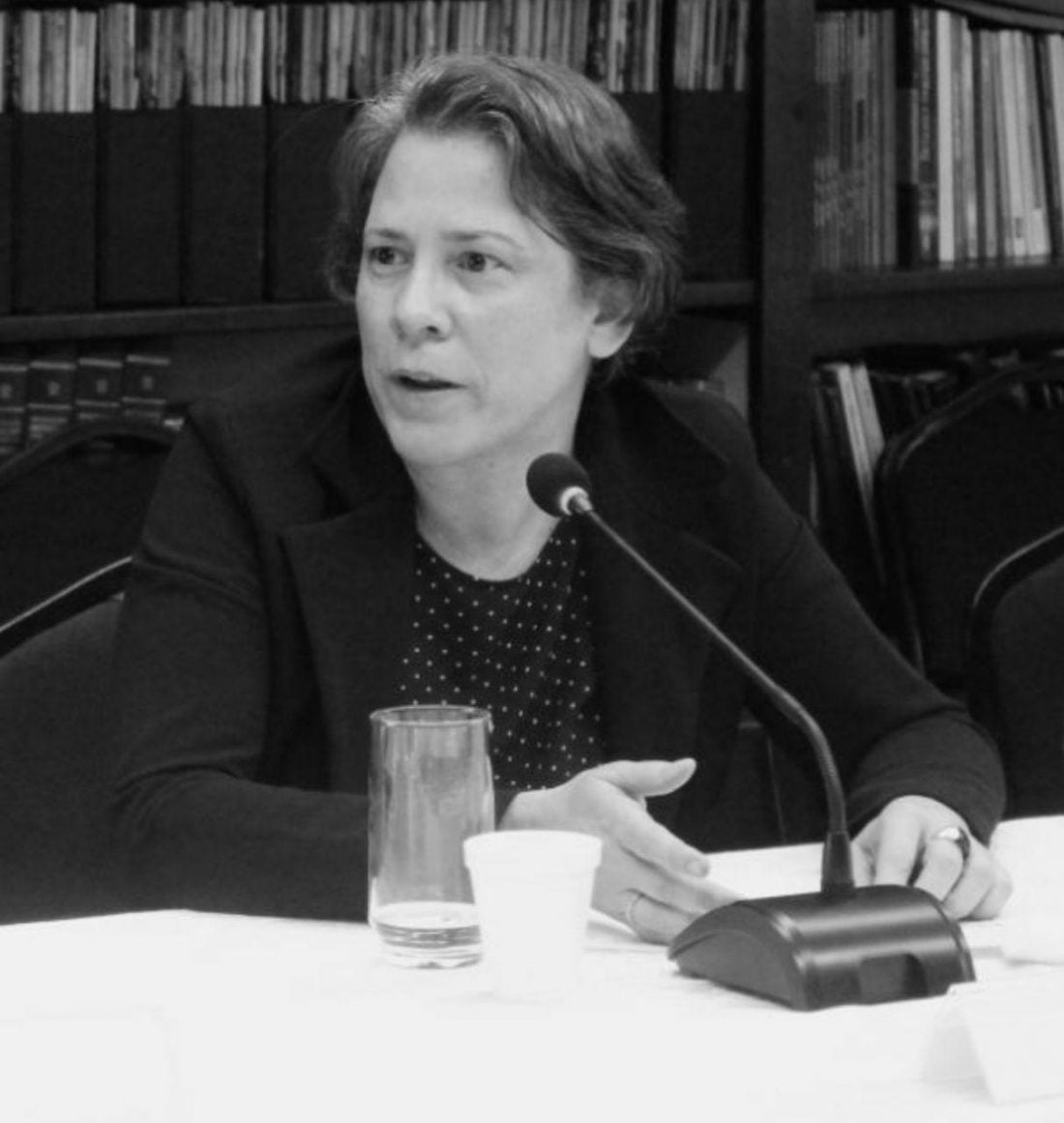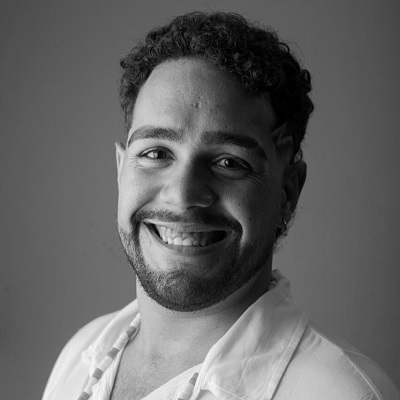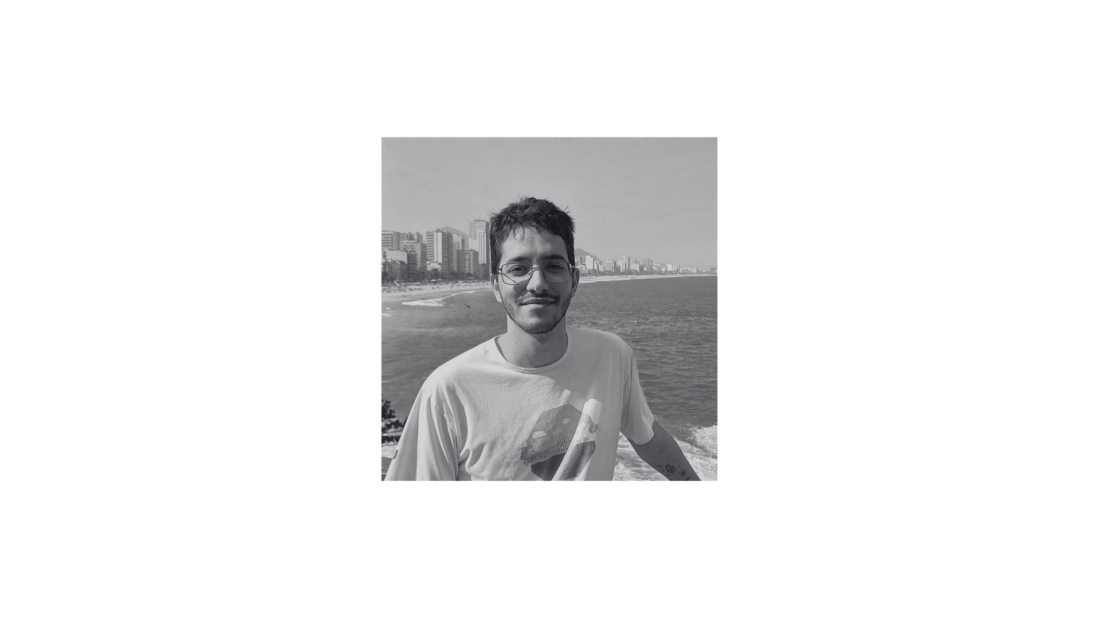
Conor Foley
Dr. Conor Foley has worked on legal reform, human rights and protection issues in over thirty conflict zones for a variety of human rights and humanitarian agencies, including: UN DPKO, UN OHCHR, UNHCR, UN-Habitat and Amnesty International. He is the author of “The Protection of Civilians by UN Peacekeeping missions”, Cambridge University Press, September 2017, and “The Thin Blue Line: how humanitarianism went to war” (Verso: 2010). Other books include: “In Spite of You: Bolsonaro and the New Brazilian Resistance” (2019); “Protecting Brazilians against torture” (2013); “Another system is possible: reforming Brazilian justice” (2012); “Human Rights, Human Wrongs: The Alternative Report to the United Nations Human Rights Committee” (1995); and “Legion of the Rearguard: The IRA and the Modern Irish State” (1992). He obtained his PhD in International Law from the University of Essex and is a Visiting Fellow at its Human Rights Center.










